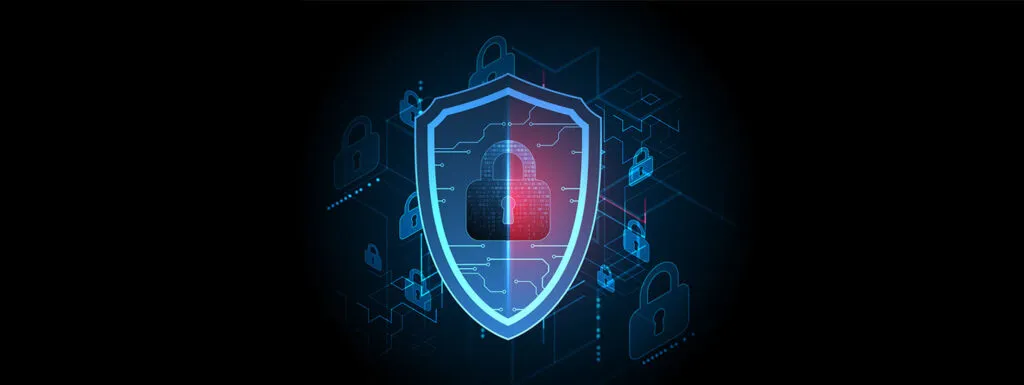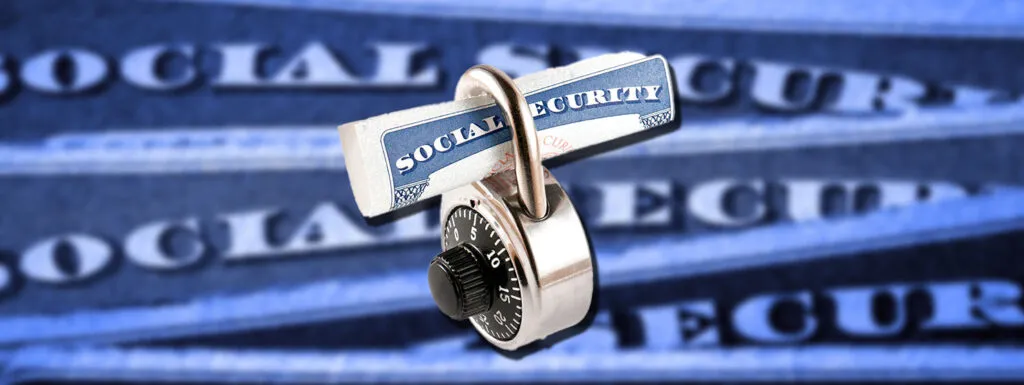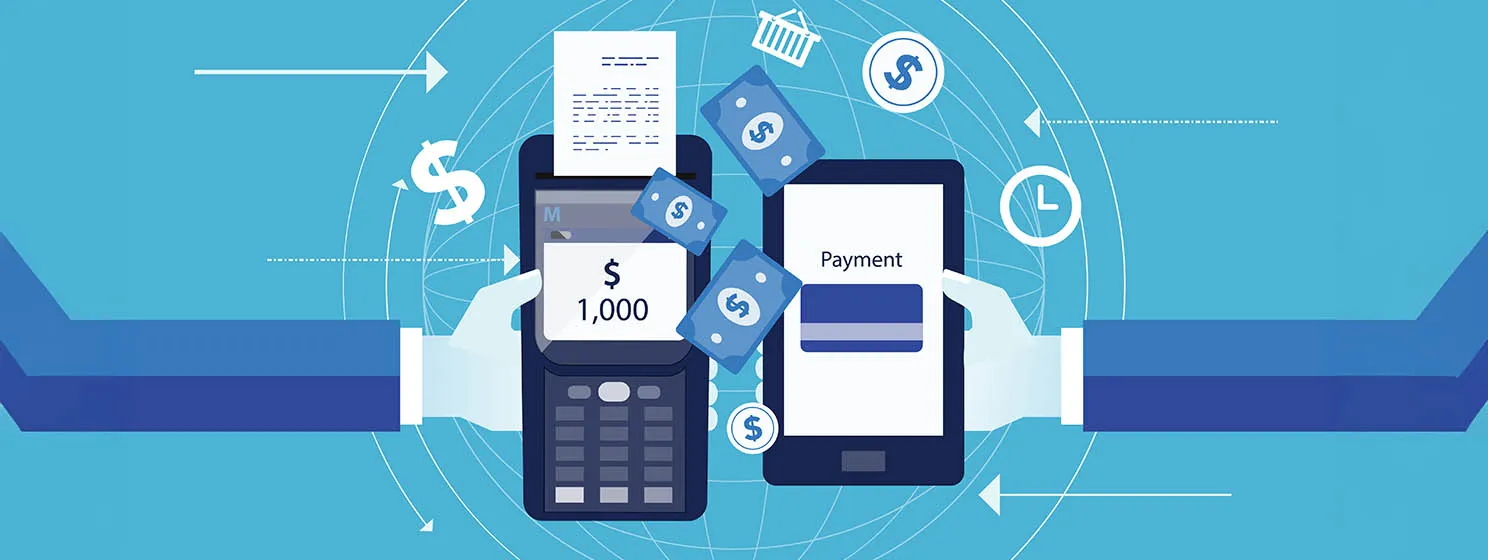
Cybercrime
India cracks down on ‘crypto’ tax evaders, seizes $327K
Indian authorities air their concerns over potential tax evasion and illicit financial flows after thousands failed to file their 'crypto'...
$2.1 billion lost to ‘crypto’ exploits in 2025: CertiK
CertiK says there has been a shift in attack patterns, with the majority of the heists being via wallet compromises...
How BSV can end the age of SSN-based identity theft
With transactions now digital, the need for a transparent and secure platform to protect data and establish digital identities is...
MAS enforces order on DTSPs; Australia ups crypto ATM rules
Singapore's central bank orders a halt to Singaporean DSTPs operating overseas; meanwhile, Australia cracks down on crypto ATM activities.
Coinbase was hacked by snarky teens; Circle upsizes IPO
Following the hack, Coinbase cut ties with TaskUs, which led to a mass layoff; meanwhile, Circle upsized its shares in...
US lawmakers eye leveraging blockchain against finance scams
With rising scam cases, U.S. lawmakers have introduced the GUARD Act, a proposed regulation to stamp out financial crimes using...

 07-06-2025
07-06-2025 






























